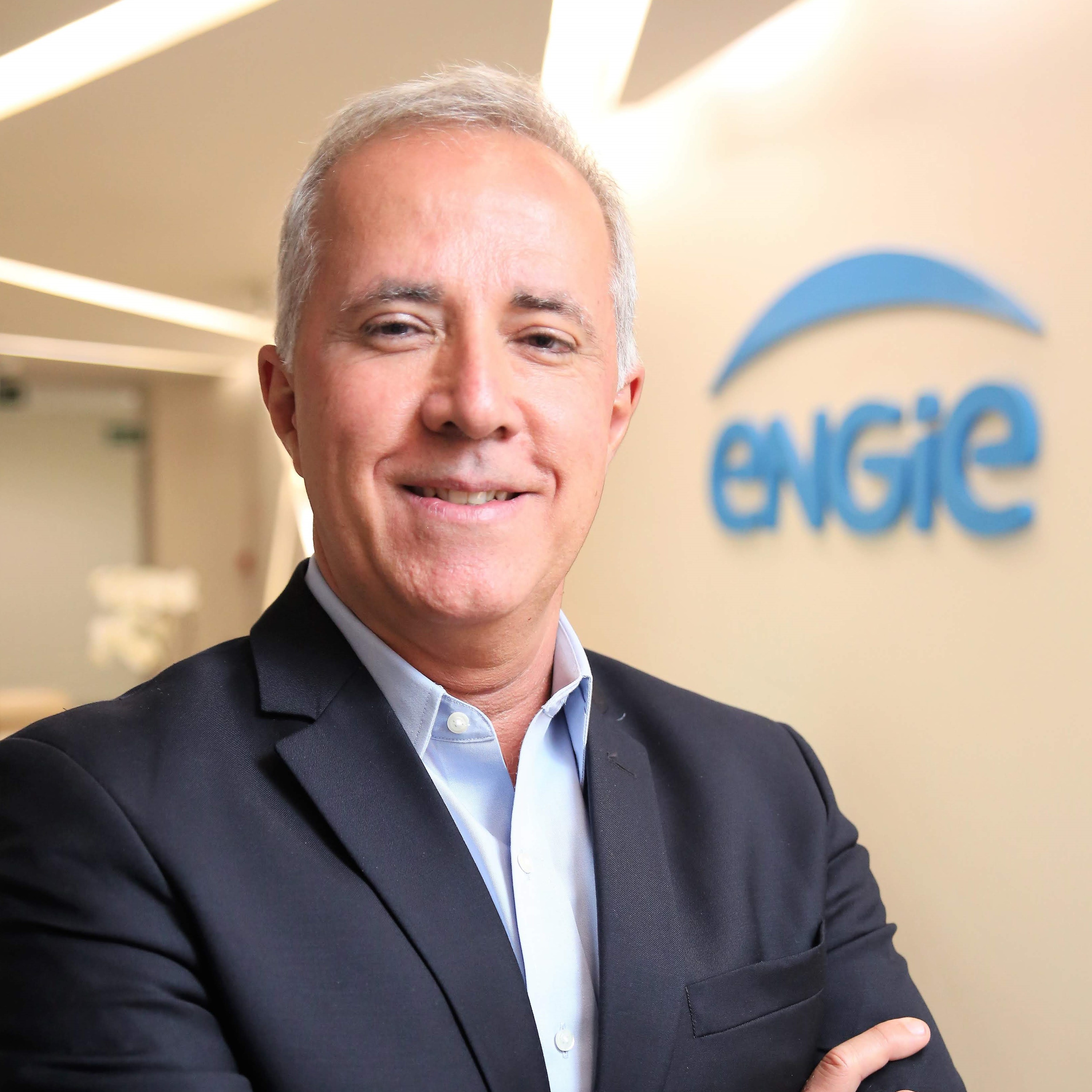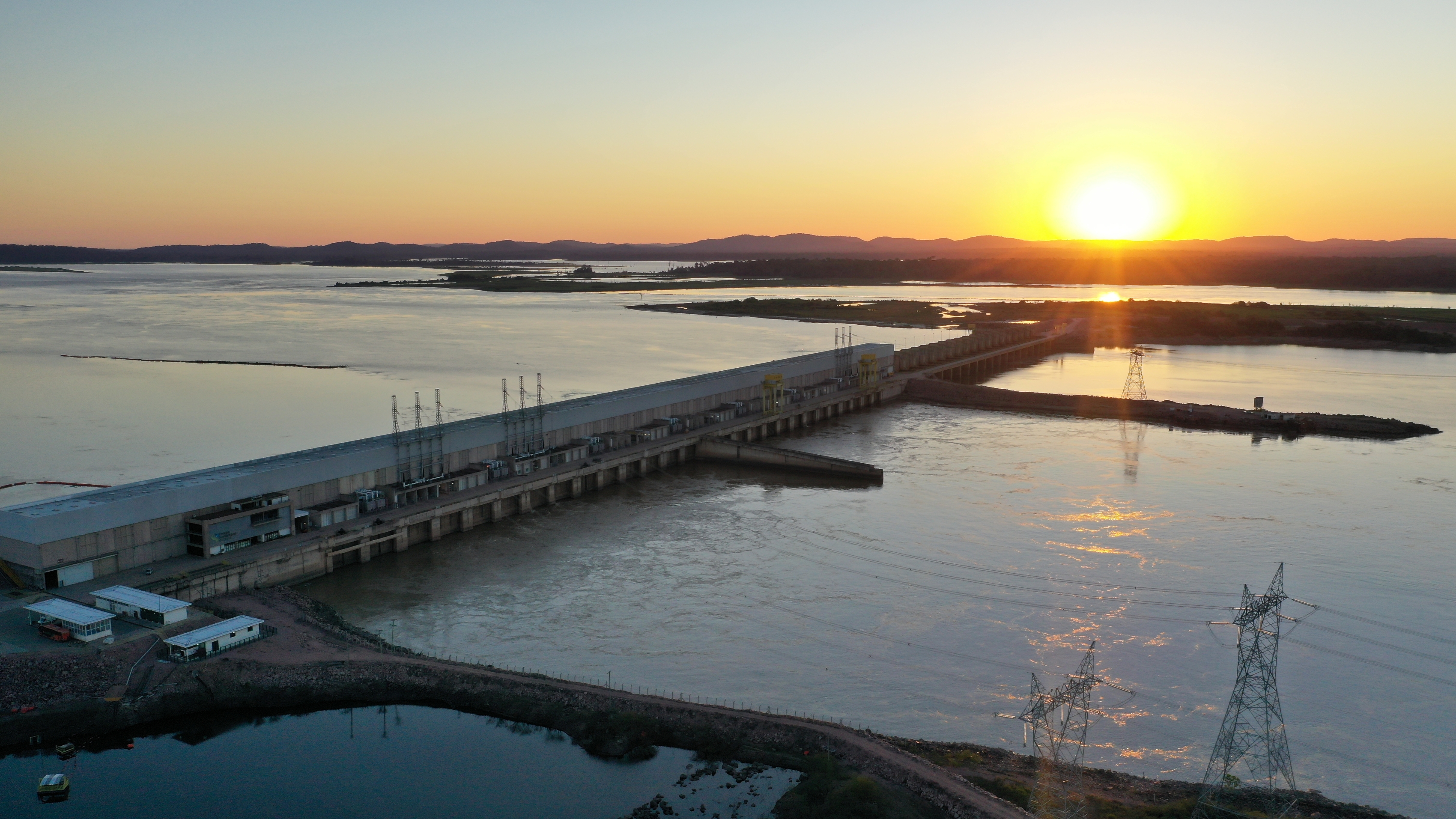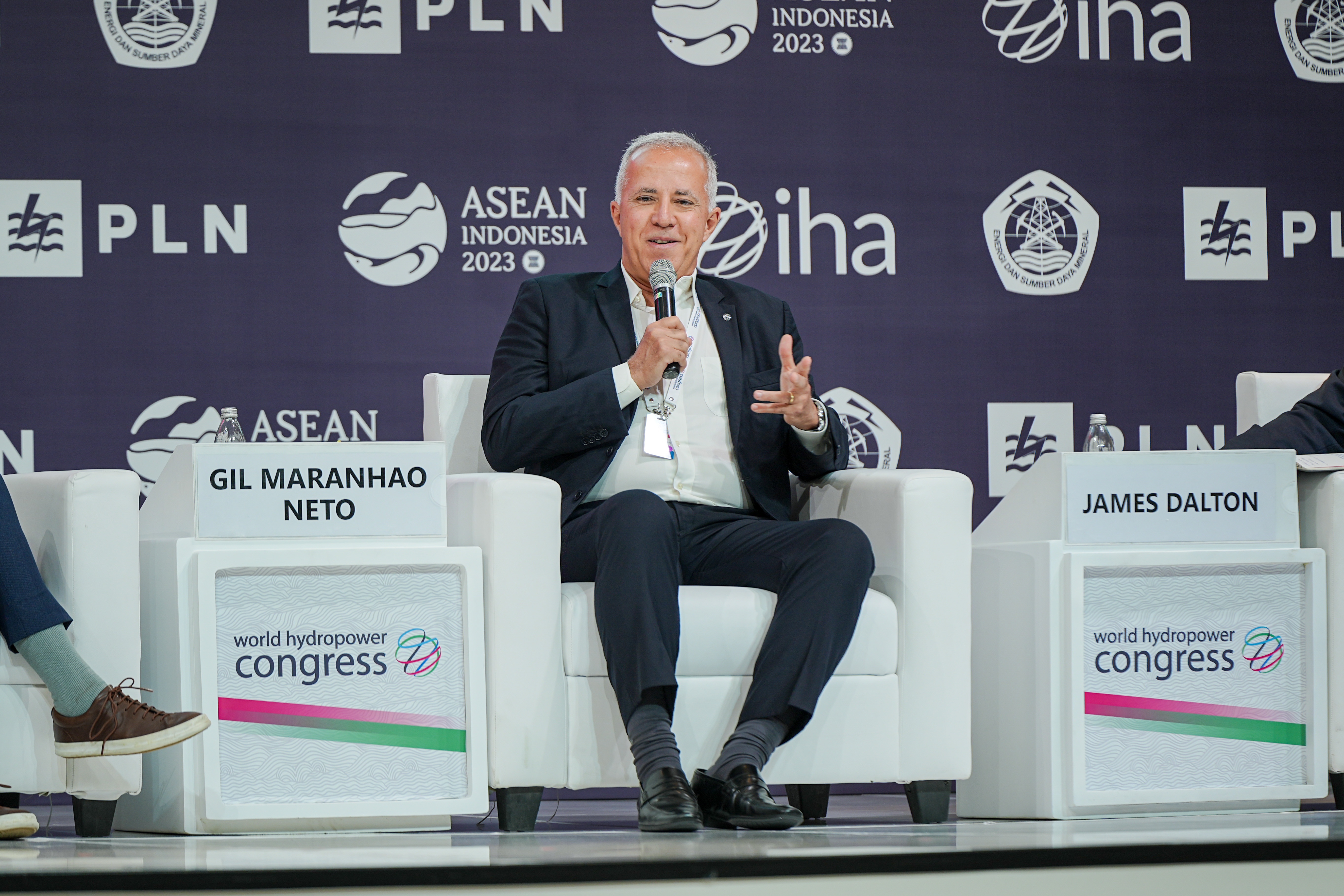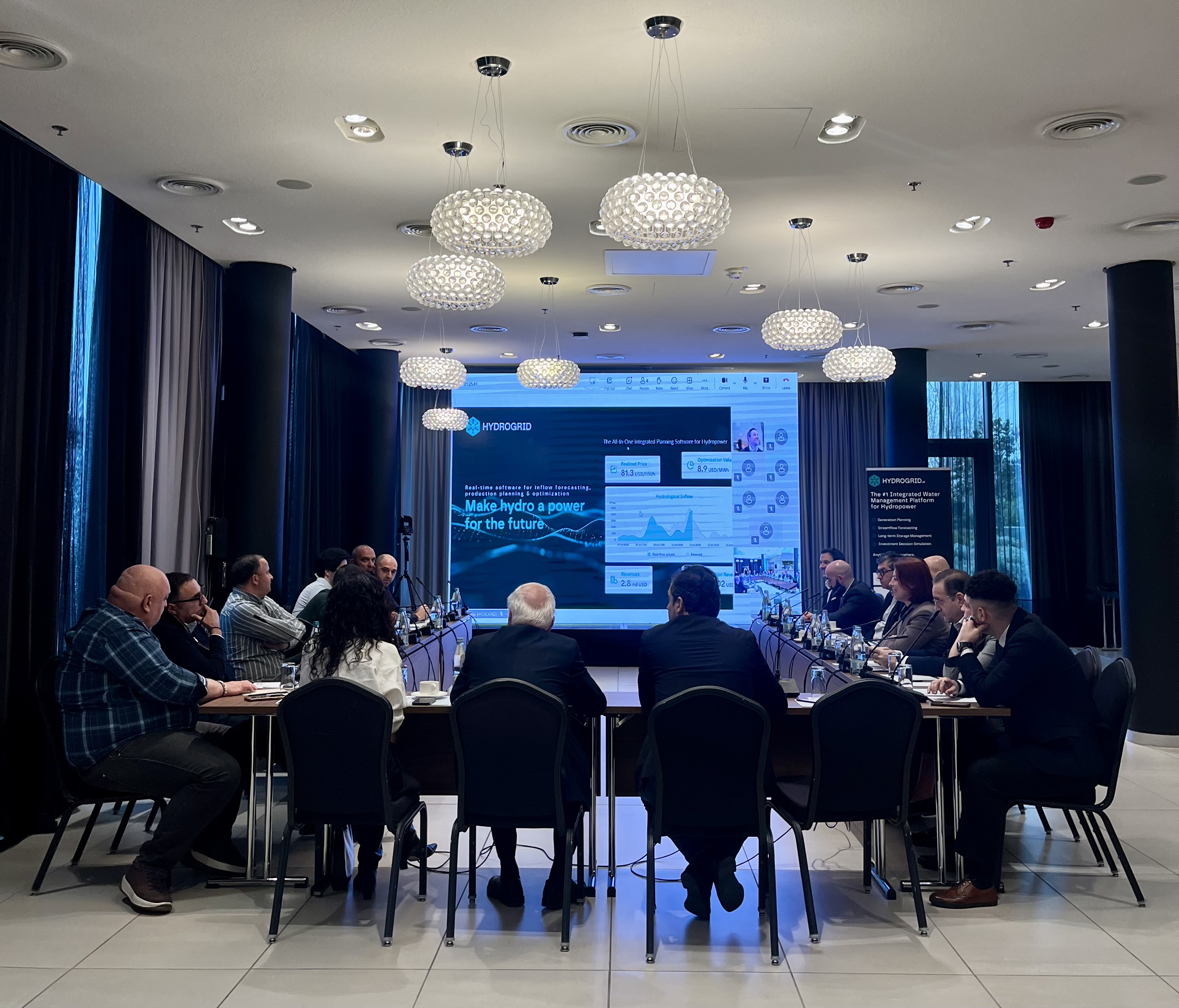#IHA30 - 30 years of hydropower sustainability and the next chapter for pumped storage in Brazil
By Gil Maranhão, member of the board of directors of the International Hydropower Association (IHA) since 2009 and special advisor to the CEO of ENGIE Brasil

The International Hydropower Association (IHA) is celebrating its 30th anniversary, and it is an opportune moment to reflect on the evolution of the hydropower sector towards sustainability. Over these 30 years, IHA has worked tirelessly to promote hydropower as a renewable and sustainable energy source, and ENGIE Brasil has been an important partner on this journey.
Progress and remaining challenges for sustainable hydropower
The hydropower sector has evolved significantly over these years in terms of sustainability, and IHA has played a fundamental role in this evolution by promoting the adoption of sustainable practices, providing guidance and support to its members, working to minimise the environmental impacts of hydropower plants through the implementation of mitigation and compensation measures, promoting the participation of local communities in the development process of hydropower plants, ensuring the health and safety of workers and local communities, and developing more efficient and sustainable technologies for hydropower generation.
Despite the progress made, there are still significant challenges to overcome. IHA constantly works towards the development of more efficient and sustainable technologies.
Unlocking Brazil’s potential for pumped storage hydropower
In this context, I would like to highlight the importance of promoting a positive agenda for the development of pumped storage hydropower (PSH) plants in Brazil.
The central feature of pumped storage hydropower plants lies in their ability to pump and store water from a lower to an upper reservoir during times of surplus energy, and to generate energy by gravity (like a conventional hydropower plant) from the upper reservoir to the lower reservoir. Therefore, they are a promising alternative for long-duration storage in Brazil, especially given the growing need for instantaneous power and flexibility in the National Interconnected System (SIN). To enable this, however, three important challenges must be overcome.

Three key barriers to project viability
The first challenge is to create a model that enables long-term contracting in the Regulated Contracting Environment (ACR). This is essential to ensure the bankability of projects. However, PSH plants typically have a negative energy balance, meaning they consume more energy than they produce. To overcome this challenge, innovative models must be created to encourage long-term contracting. Public Consultation 39/2022 (Energy Storage) and Public Consultation 176/2024 (Capacity Reserve Auction in the form of Power, through storage systems) are important steps in this direction. It is crucial to improve upon these to ensure the commercial viability of PSH plants.
The second challenge involves the establishment of a simplified environmental licensing processes, since, in most cases, pumped storage plants operate in a closed-loop system and generate no social impacts. This can help reduce the costs and timelines for project development.
The third challenge is to create an authorisation model for project preparation (development of environmental and engineering studies – EIA-RIMA and EVTE). In the golden age of conventional hydropower development in Brazil (1995–2013), these studies were developed by large construction companies and state-owned enterprises at their own risk, but with the certainty that the projects would be eventually granted concessions. At present, however, operators cannot be expected to make this investment in studies and take on the risk that the projects may not be feasible from an engineering or commercial standpoint. It is essential to create a model that encourages project preparation and reduces risks for investors.

Building on Brazil’s hydropower legacy
To develop PSH in Brazil, we can build on the lessons learned from the development of conventional hydropower plants. Brazil was the only country that managed to develop large-scale hydropower in a private environment. This was possible thanks to a development model that encouraged private participation and ensured legal and regulatory security.
The development of pumped storage hydropower plants in Brazil is an important opportunity to ensure the energy security and flexibility of the SIN. However, it is essential to overcome the challenges mentioned above and create a model that encourages long-term contracting, facilitated environmental licensing, and the preparation of project studies.
IHA is working to promote sustainable hydropower worldwide, and Brazil, which has hydropower as its main source of energy generation, has an important role to play in this context. ENGIE has been an important partner on this journey, and we will continue to work together to promote sustainability and responsibility in the sector.










